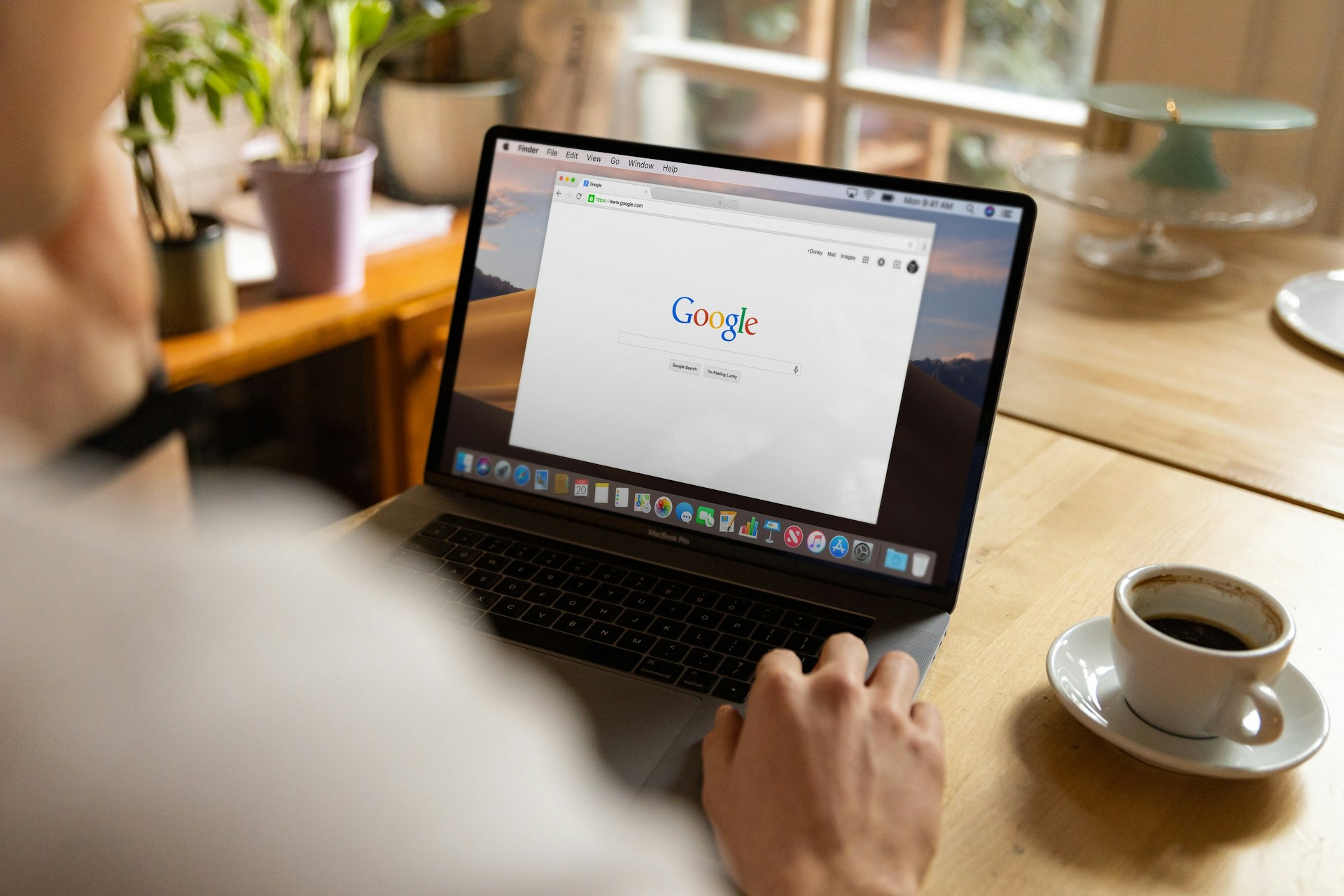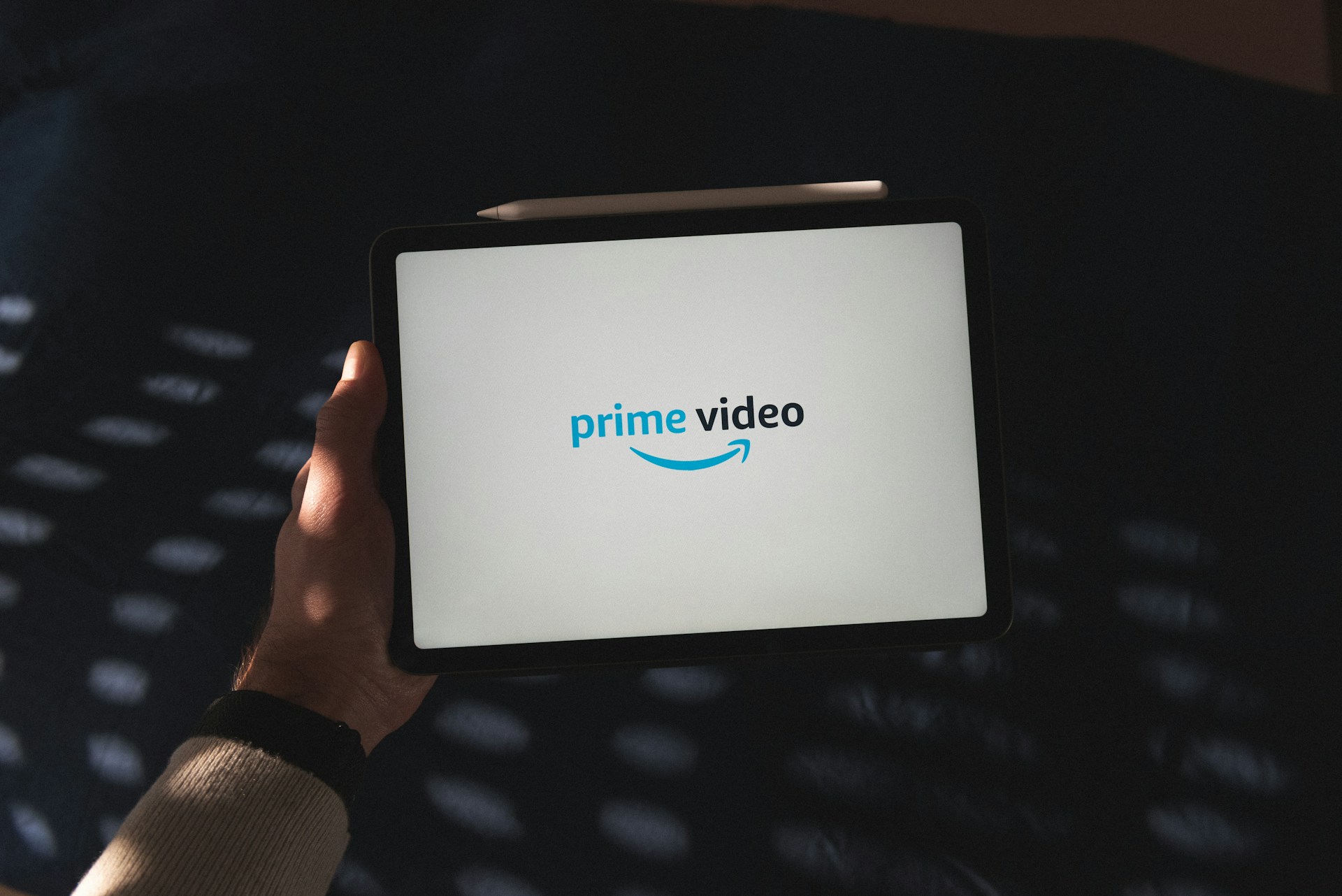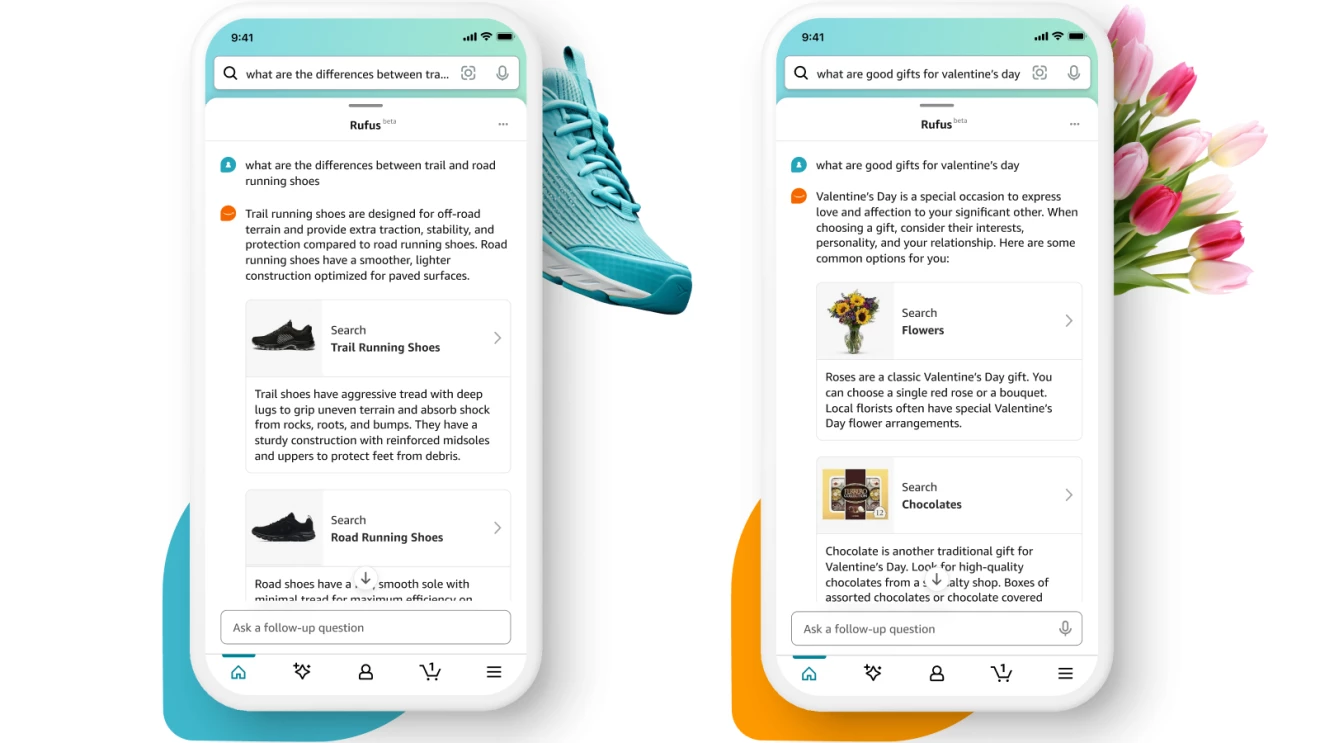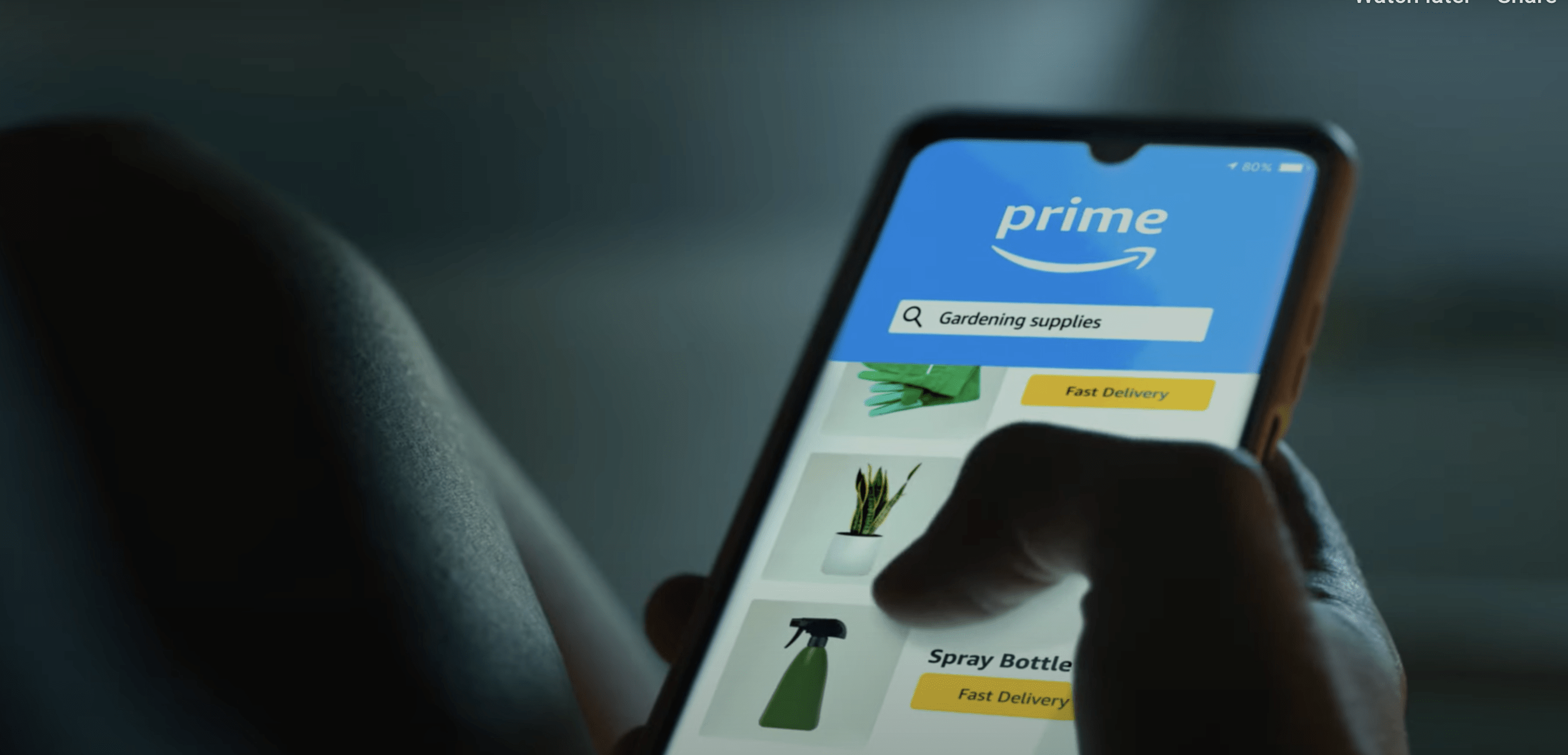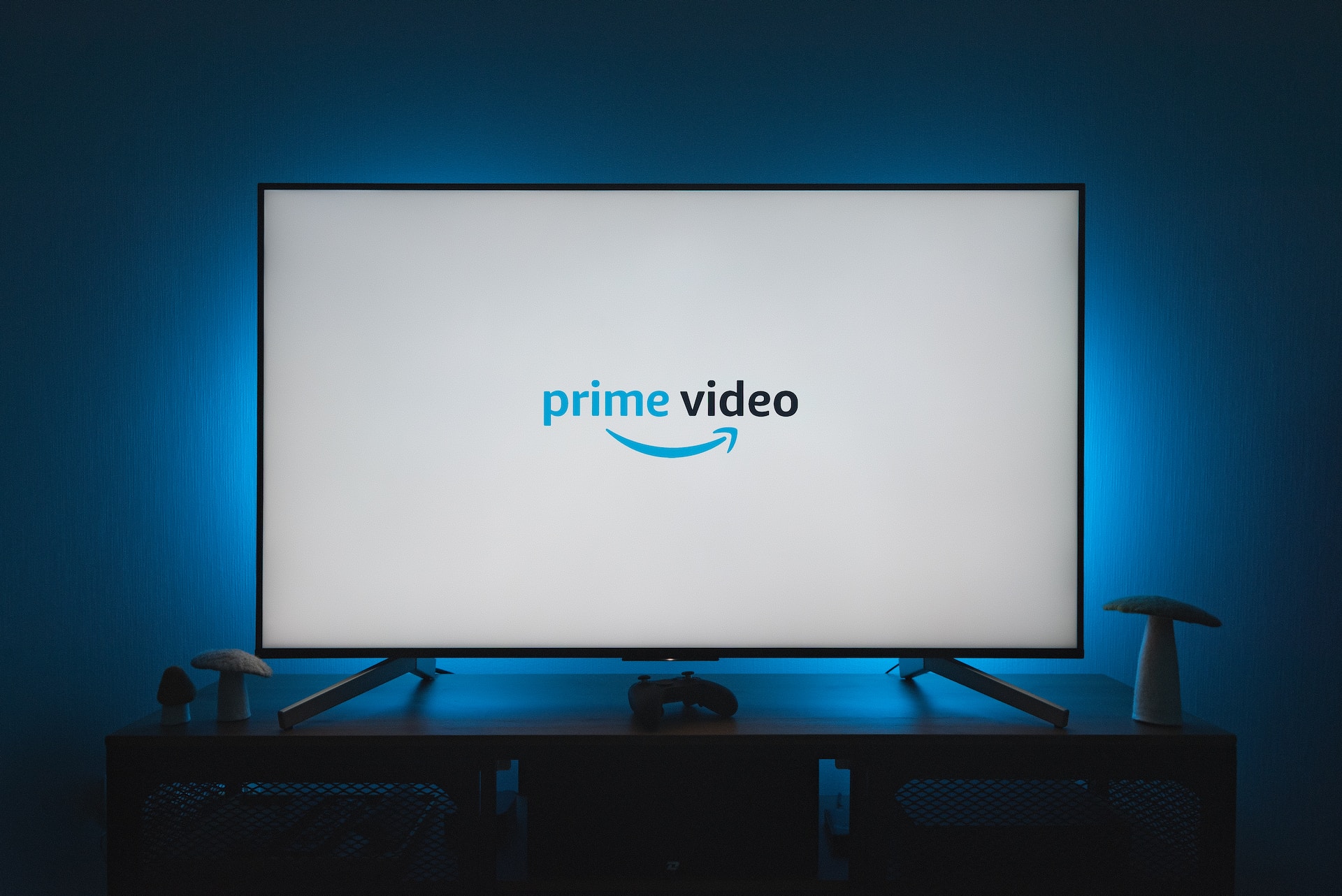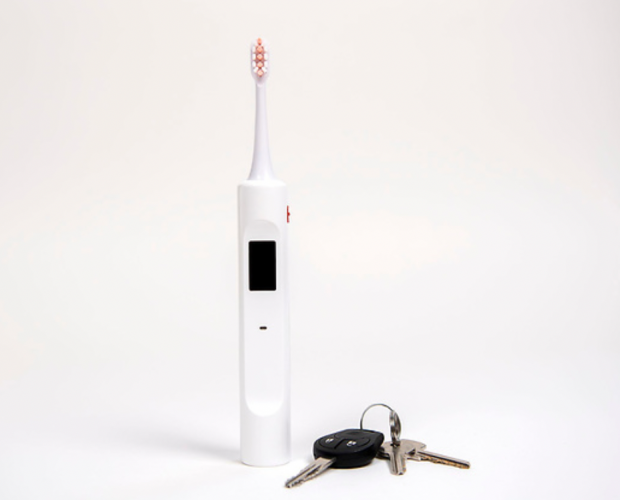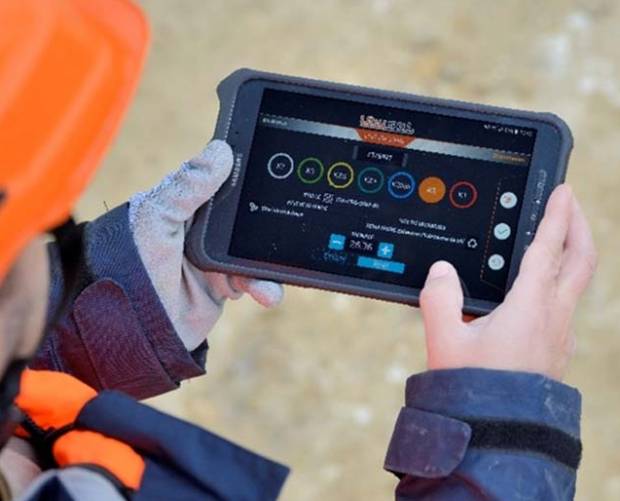33m Voice AI Assistants will be in Circulation by the End of 2017
- Wednesday, January 25th, 2017
- Share this article:
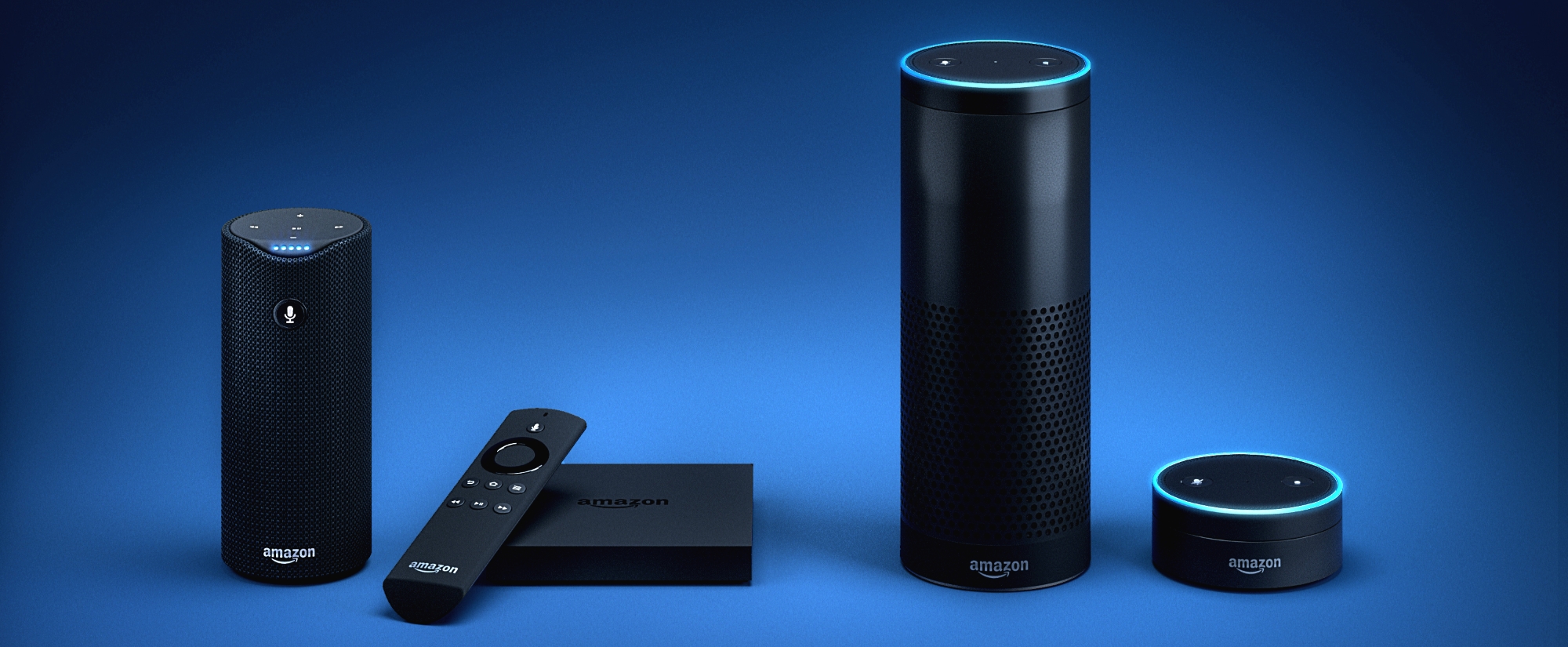 24.5m voice-first devices are predicted to be shipped in the US this year, as the industry builds on the 6.5m shipped in 2016, leading to a device footprint of 33m devices in circulation.
24.5m voice-first devices are predicted to be shipped in the US this year, as the industry builds on the 6.5m shipped in 2016, leading to a device footprint of 33m devices in circulation.
According to a report from Voice Labs, which provides voice analytics for Amazon Alexa and Google Assistant, only 11 per cent of consumers who already own a Google Home or Amazon Echo will purchase a competing device, despite the growing number of shipments.
The report suggests that this could change as AI assistants begin to specialise in specific areas in 2017 – stating that Google is going to ‘excel at mining the web and providing intelligent response to general knowledge questions’, while Amazon is going to ‘excel at commerce’, Microsoft at gaming, and all going to ‘battle to become controller of the kitchen, living room and bedroom’.
However, the providers of voice AI assistants are going to have to navigate a few more hurdles before they can excel at anything.
The biggest problems seem to be retention of users and lack of monetisation. Voice Labs reports that when a voice app acquires a user, there only a three per cent chance of the user being active in the second week. Furthermore, no app has successfully monetised – but Voice Labs believes one major platform will ‘deploy a compelling monetisation method by Q2 2017.
A further problem faced is the issue of quality versus quantity. Amazon Alexa has 7,000 skills, as of January 2017. Of these applications, only 31 per cent have more than one consumer review – suggesting many of the voice apps available have a low usage.
In addition, a problem, suggested by Voice Labs, is whether or not the platform supports a third-party ecosystem. The voice analytics firm says it ‘believes that a vibrant, open ecosystem is required to be a winner in this market, but in this early phase both Google and Apple are being cautious’.
The report concludes by predicting that one or more of the platforms will enable direct person-to-person communication, and enable at least two monetisation capabilities. Also, Google and Amazon will release push notifications, while Google will introduce a personal productivity offering, based on G Suite.
Connectivity no longer just means mobile. It spans everything from Bluetooth beacons to smart home assistants, and offers brands a whole new set of ways to target and engage with consumers. To find out the challenges and opportunities this brave new world of technology offers, book you place at our Connected Consumer Summit, 16 February 2017 in London.







